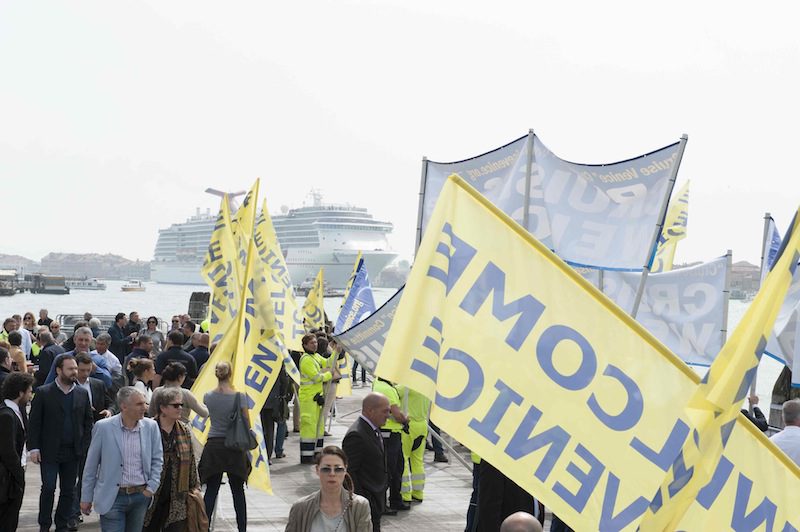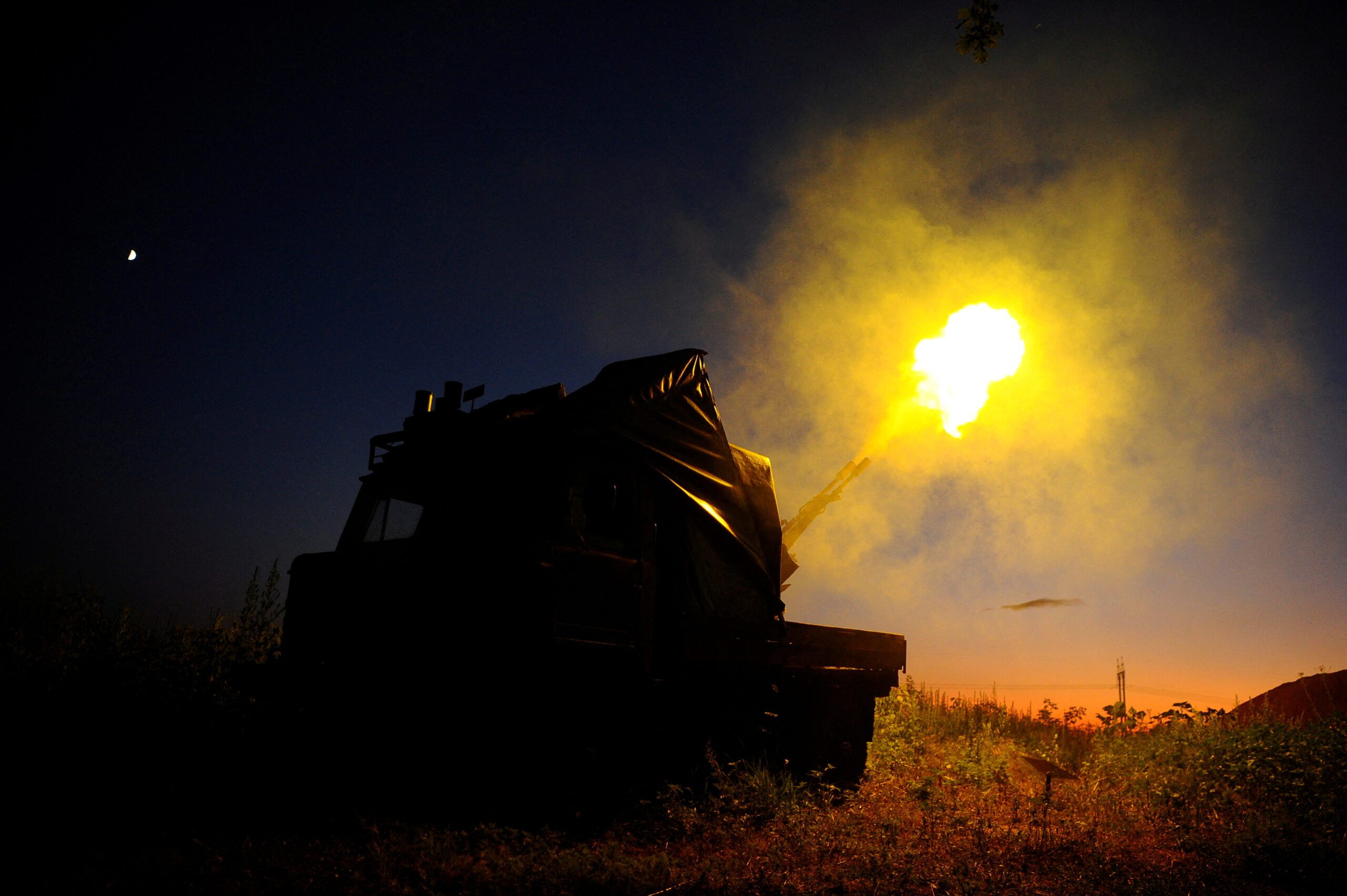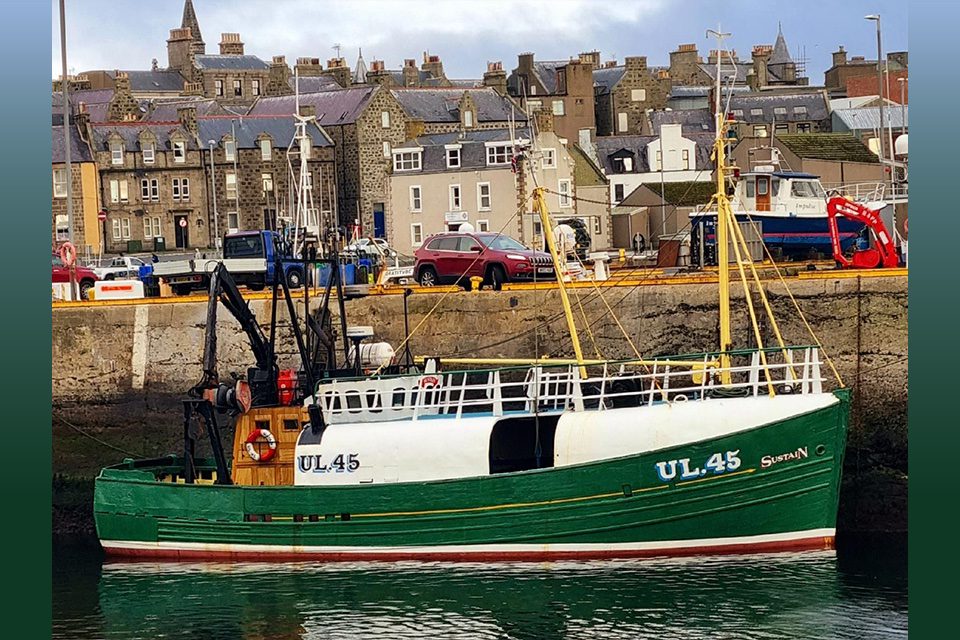
ROME, Nov 5 (Reuters) – Italy will immediately begin to limit large cruise ship traffic in the Venice lagoon and the biggest vessels – of more than 96,000 gross tonnes – will be banned from November of next year, the government said on Tuesday.
Protests by Venice residents and environmentalists concerned about the damage caused by increasing cruise ship traffic to the fragile city, one of the world’s most popular tourist destinations, have been on the rise in recent years.
Prime Minister Enrico Letta met the transport and culture ministers as well as the governor of the Veneto region and the mayor of Venice, and approved plans to limit or shut down cruise ship traffic in parts of the Venice lagoon and near the city’s famous Saint Mark’s Square.
See Also: An Industry Under Scrutiny – Are Cruise Ships Too Big
“Finally the trend towards gigantic ships in the lagoon has been turned around,” the mayor of Venice, Giorgio Orsoni, said in a statement. “We’ve had enough of these mega cruise ships just metres away from San Marco, from now on there will be clear limits on the size of ships that can enter Venice.”
concern at the risk posed by the enormous vessels has been heightened by the disaster of the Costa Concordia, the 114,500 tonne liner which sank off the Tuscan island of Giglio in 2012, with the loss of 32 lives.
Large cruise ships will be banned from the canal between the mainland and the Giudecca island in the lagoon while a new access channel is developed with the main shipping terminal.
From January 2014, cruise ship traffic in front of the Piazza San Marco in the heart of the city, will be limited, with the number of cruise ships of more than 40,000 tonnes authorized to cross the Giudecca canal cut by 20 percent from 2012 levels.
From November next year, the largest ships of more than 96,000 tonnes will be banned entirely from crossing the Giudecca canal.
(Reporting by Steve Scherer and James Mackenzie; editingby Ralph Boulton)
© 2013 Thomson Reuters. All rights reserved.

 Join The Club
Join The Club











